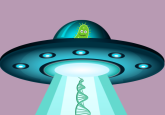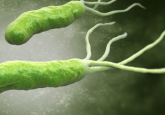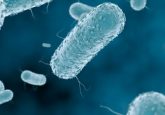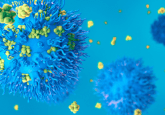Bacteria: natural tumor killers
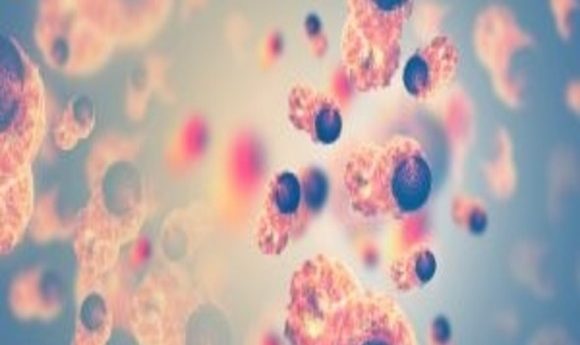
A complete mechanism of how bacteria affect the immune response in the liver has been discovered.
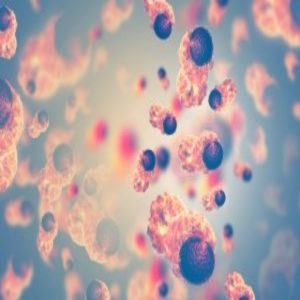
Scientists at the Center for Cancer Research at the National Cancer Institute (MD, USA) have revealed a connection between depleted levels of gut bacteria in mice and their Natural Killer T (NKT) cell antitumor response in the liver. The discovery, published in Science, could prove crucial in understanding liver cancer and developing therapies to treat it.
Recently, there has been extensive research into the association between cancer and the gut microbiome. However, although the two have been linked, understanding the mechanisms behind the relationship have remained hidden until now.
The group started studying the basic association by treating mice with antibiotics, as author Tim Greten explains:
“What we found using different tumor models is that if you treat mice with antibiotics and thereby deplete certain bacteria, you can change the composition of immune cells of the liver, affecting tumor growth in the liver.”
They found that the mice treated with antibiotics exhibited fewer and smaller liver tumors and reduced metastasis. Once this association had been established, the team then began to look at the immune cells themselves.
The number of NKT cells had increased in the livers of the mice treated with antibiotics and further experiments demonstrated that these cells were responsible for the antitumor response. They also found that increased expression of a protein, CXCL16, was responsible for increasing the abundance of NKTs. But what had caused the level of the CXCL16 to increase?
“We asked ourselves, why do mice treated with antibiotics have more CXCL16 production in these endothelial cells?” Greten said. “That was the critical point, when we found that bile acids can control the expression of CXCL16. We then did further studies, and found that if we treat mice with bile acids, we can actually change the number of NKT cells in the liver, and thereby the number of tumors in the liver.”
The final piece of the puzzle was completed when the group found a particular bacteria Clostridium scindens controls the metabolism of bile acid in the guts of mice.
So the mechanism had become clear: antibiotics kill Clostridium, bile acid is metabolized less, CXCL16 expression increases, the number of NKTs increases and the NKTs fight the tumors.
This basic research has far-reaching consequences for developing new treatments and therapies. It indicates the importance of fundamental research to clinical advancement.
